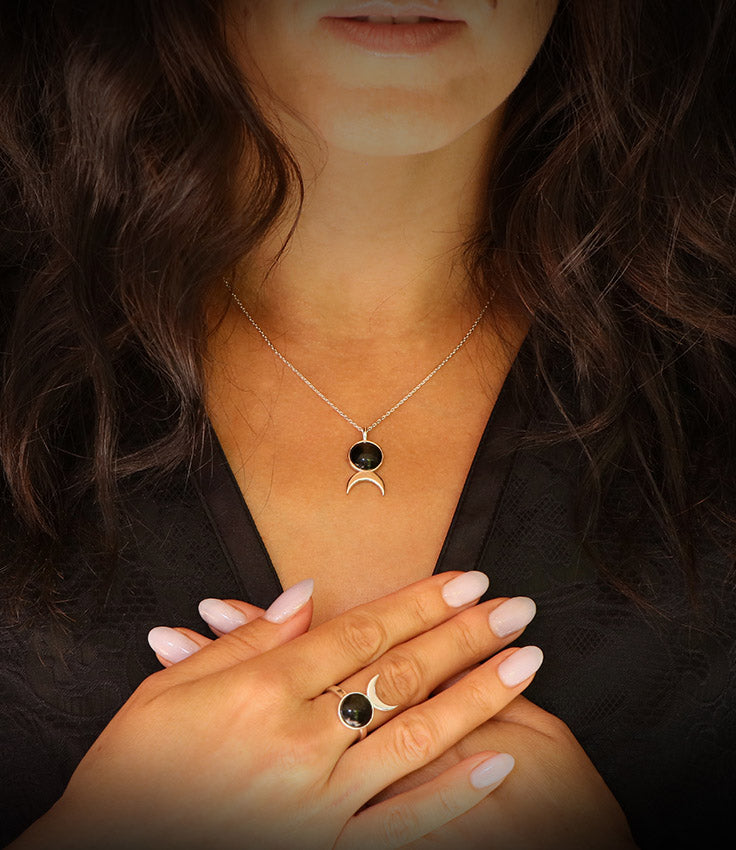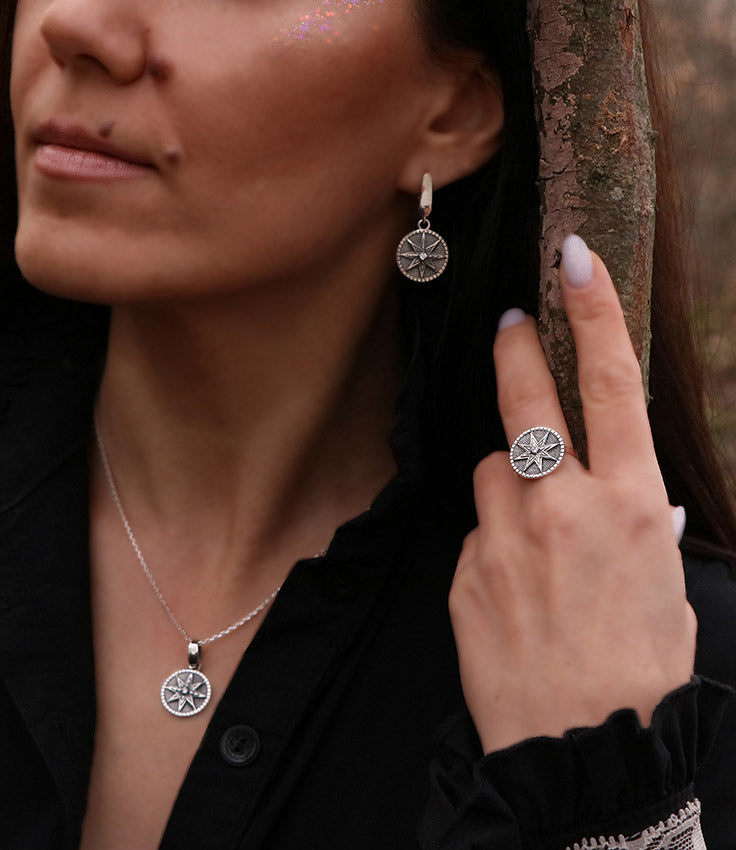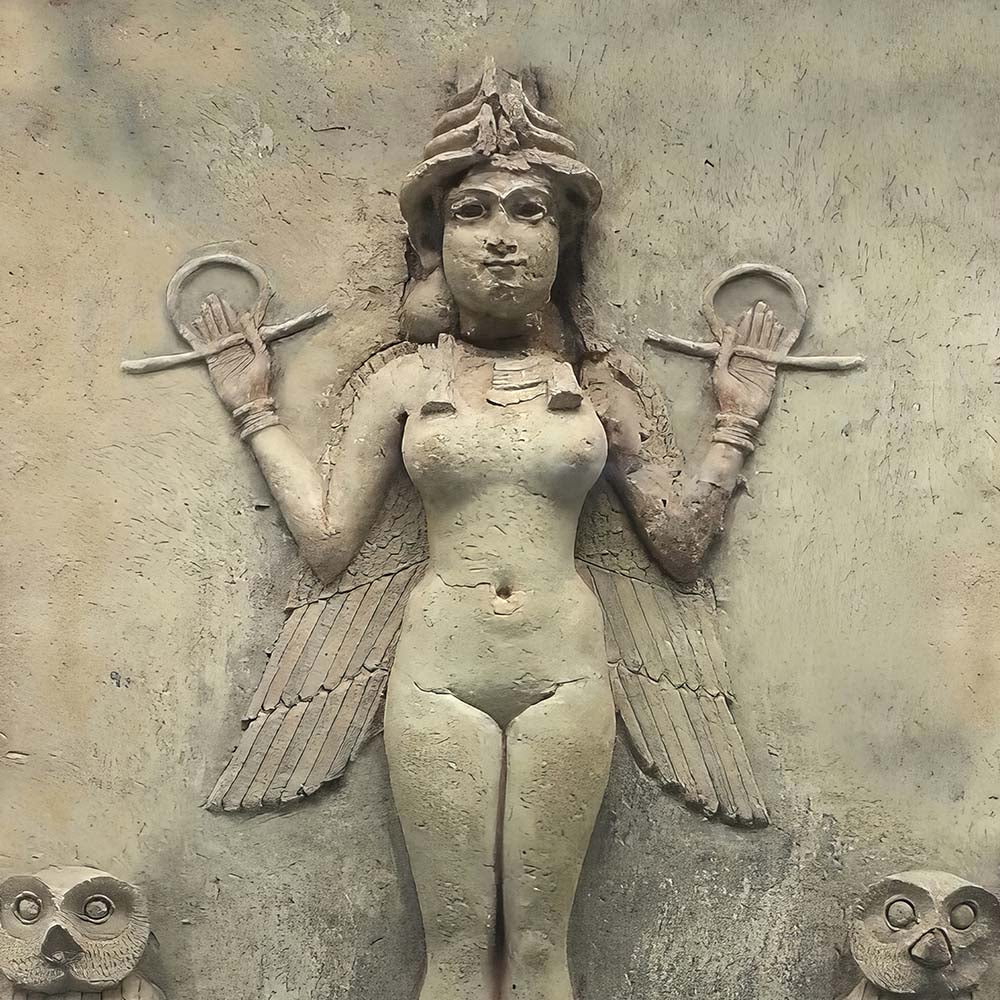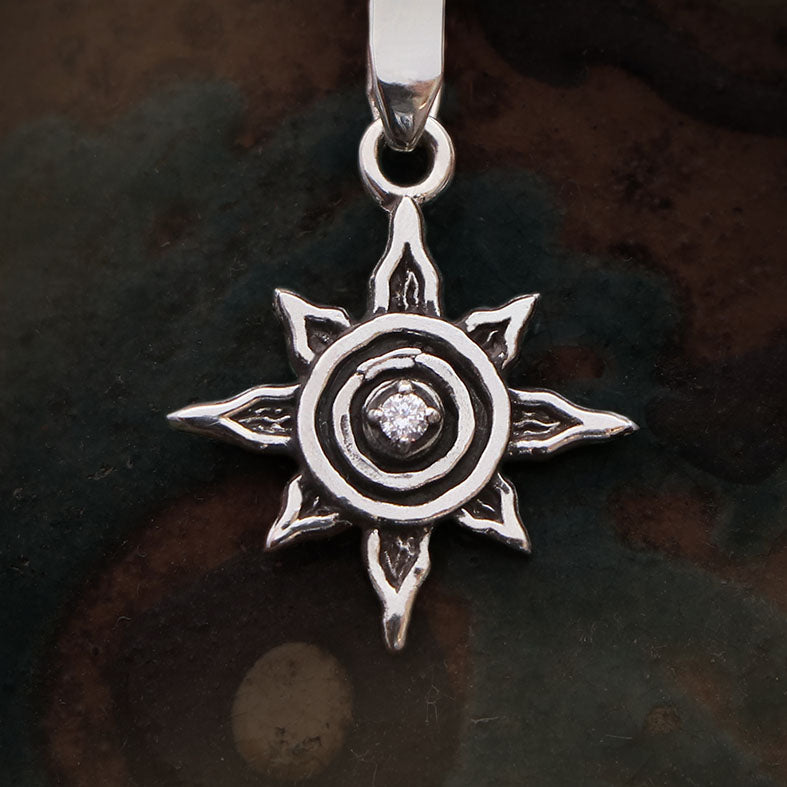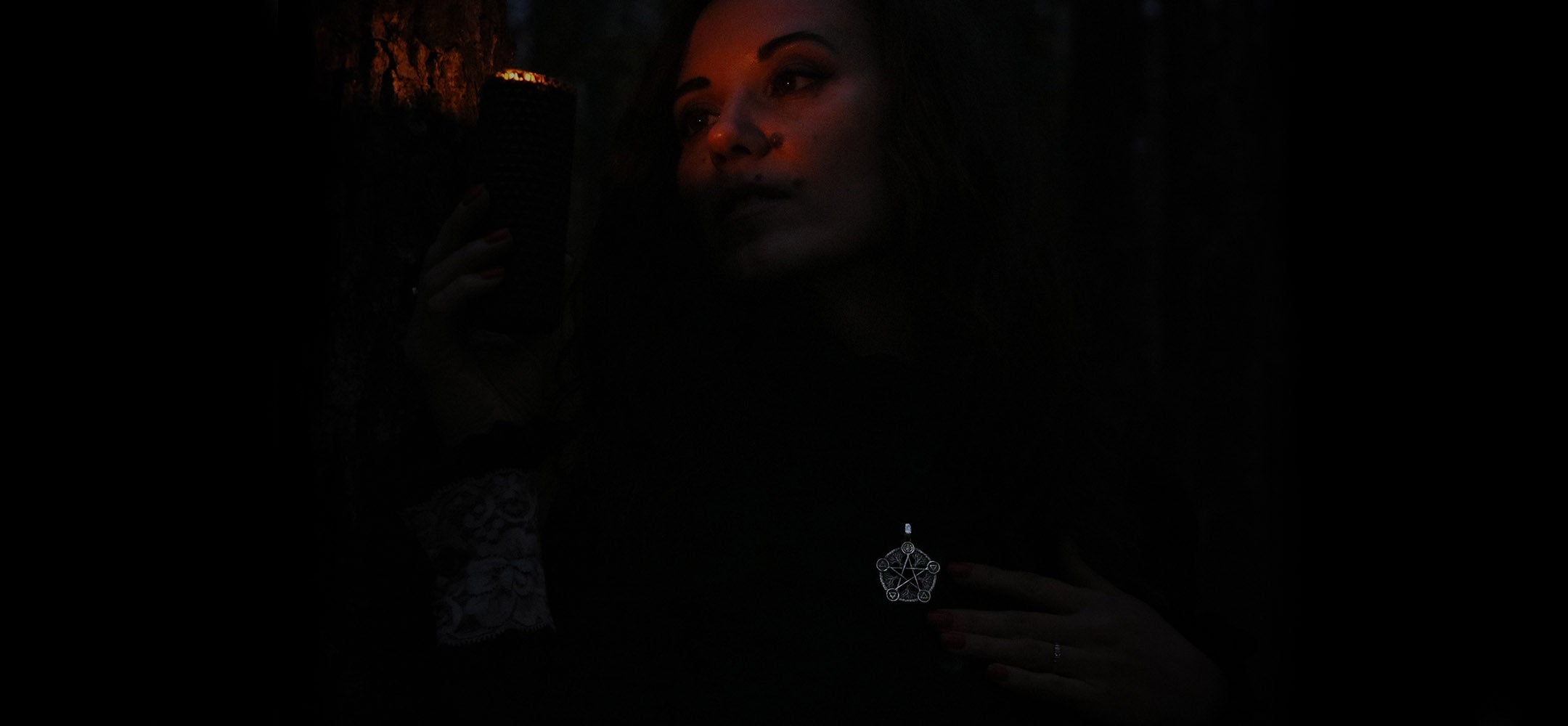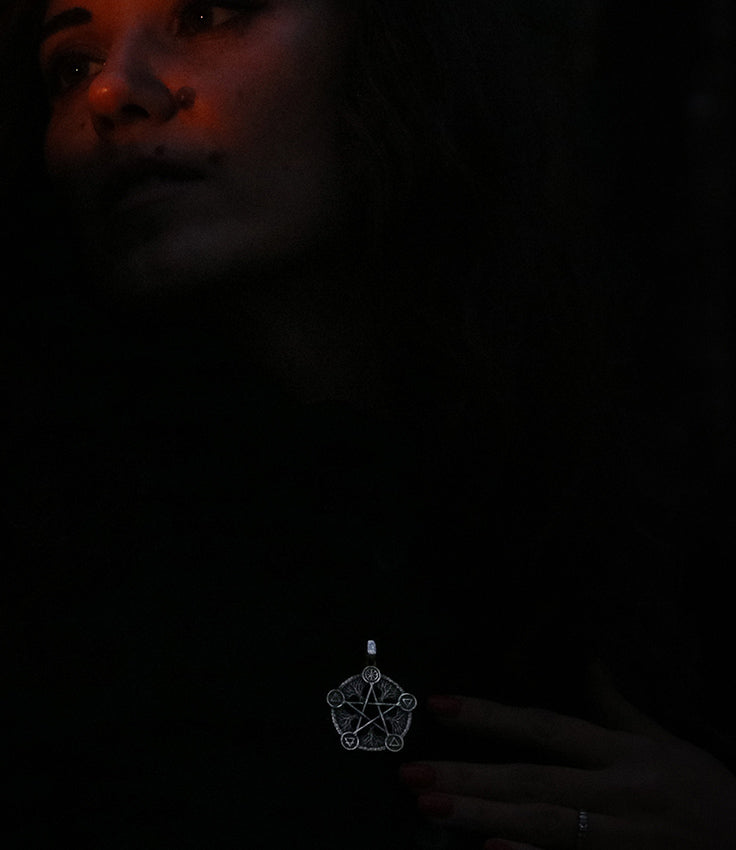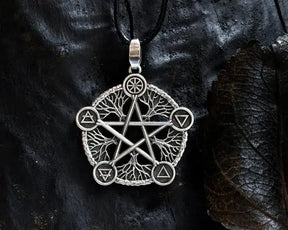The rose, in its symbolic representation, has long been associated with the powerful and revered goddess Ishtar. This connection can be traced back to the ancient Mesopotamian goddess Inanna, from whom a lineage of maternity and fertility deities emerged, with Ishtar being a prominent figure among them. The rose, as a sacred emblem, carries profound significance within this lineage, reflecting the qualities and attributes of these goddesses.
Ishtar, known for her multifaceted nature encompassing love, fertility, and war, found her essence mirrored in the delicate yet vibrant beauty of the rose. Just as the rose unfolds its petals in a display of grace and allure, Ishtar embodied the power to nurture life and inspire passion. Her role as a fertility goddess resonates with the rose's symbolism of growth and renewal, making it a perfect representation of her divine influence.
This floral association continued to transcend cultures and time periods, as Ishtar's essence evolved and intertwined with other goddesses of similar nature. Astarte, Astaroth, Aphrodite, and, later, Venus in Roman mythology, all carried echoes of Ishtar's essence and were symbolically linked to the rose. This enduring connection is exemplified in historical texts such as the Pervigilium Veneris from the 2nd century AD, where the rose serves as a testament to the enduring legacy of these fertility and love goddesses.
In essence, the rose stands as a timeless and universal symbol of the divine feminine, representing not only the goddess Ishtar but also the lineage of powerful fertility and love deities who have graced human mythology throughout history. Its delicate petals and enchanting fragrance continue to capture our imagination, reminding us of the enduring allure and significance of these revered goddesses.
Explore products related to the Ishtar/Inanna Goddess crafted by Pagan Workshop by following this link

